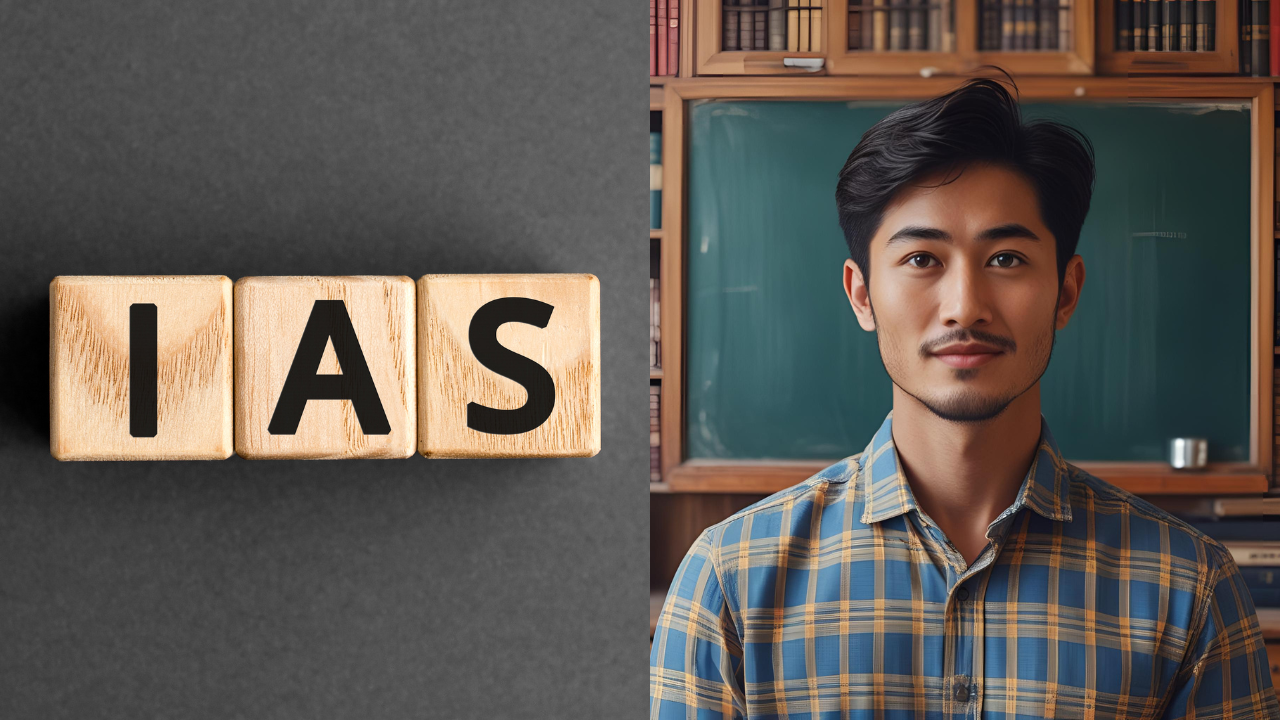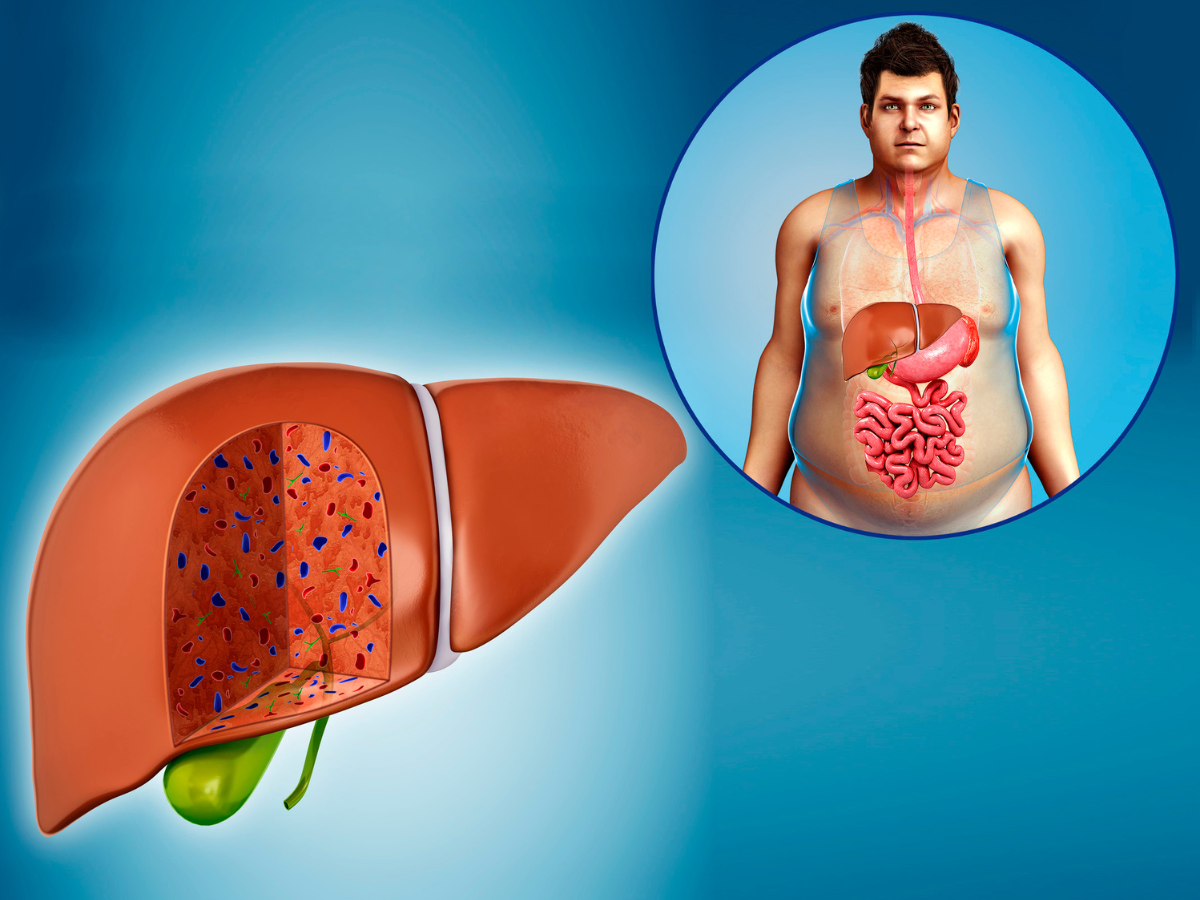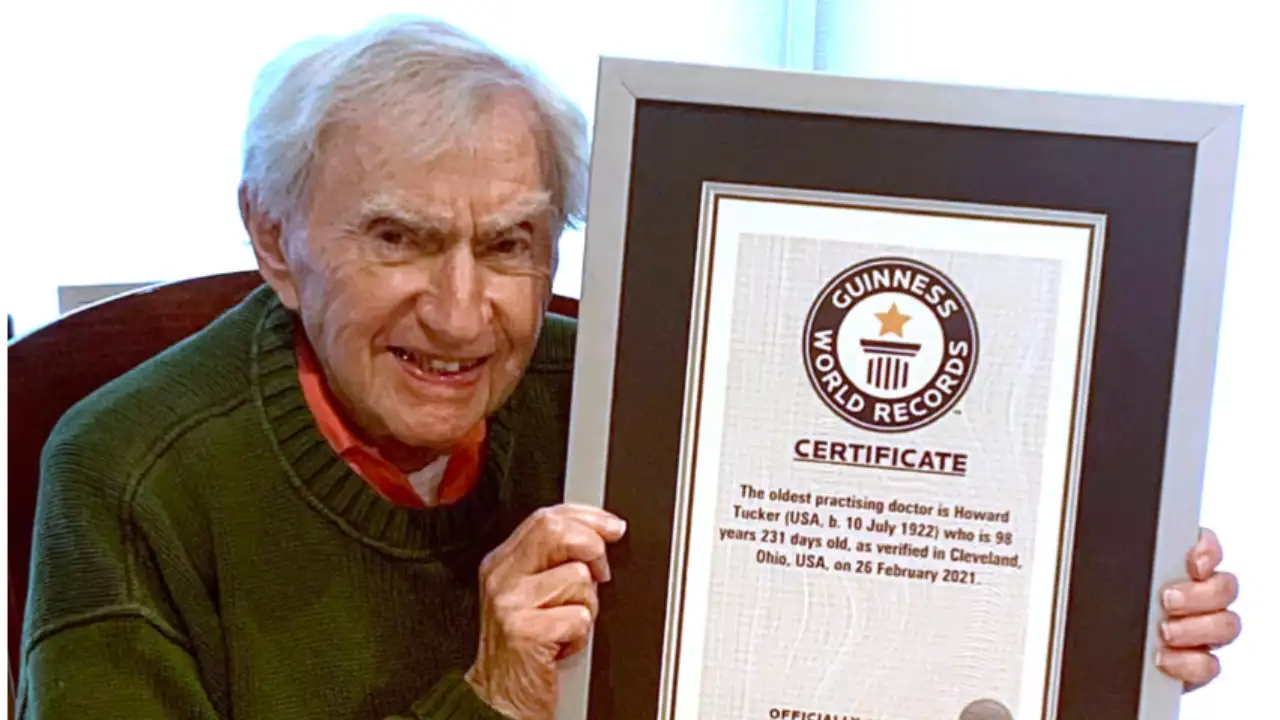- close
01/8Culture shapes your parenting style
Parenting styles could differ depending on the culture. Cultural influences impact how parents and children typically relate to or interact with each other. Indian parents place more emphasis on the creation of a family identity, a sense of belonging, and parental respect in addition to the value of hard work and self-discipline. On the other hand, western parents place a great deal of emphasis on their children's independence and self-realization.
02/8What is authoritarian parenting?
Indian parents often follow this parenting style where they provide explicit instructions about what is expected of their children and are open and honest about the rationale behind any disciplinary actions. They see discipline as a tool for assistance rather than as a source of punishment. Most Indian children are subjected to physical or verbal abuse, such as pushing, slapping, spanking, screaming, or pounding with an object. In India, strict authoritarian parenting is typical.In the short term, authoritarian parenting may appear to help mold a child's behavior, but in the long run, it might backfire. Here are certain drawbacks to this kind of parenting style:
03/8Children start resorting to small lies
Too much pressure might be an issue since it could encourage lying to avoid being discovered. Actually, studies reveal that kids with authoritarian parents view lying as a means of protecting their own interests and averting confrontations.
04/8They lose direction
Control is the main goal of authoritarian parenting, not helpful criticism. Therefore, a child may come to dread their parents and punishment, but they will not know how to behave themselves better. They become directionless and lose their will to do things and achieve excellence. The children tend to get so scared of failure that they stop trying out new things that they might not be good at.
05/8They become aggressive
Kids with authoritarian parents were more likely to behave aggressively than other kids of their age. This is because the type of parenting they’re subjected to instills anger and punishment in their kids, which makes it difficult for them to learn healthy coping mechanisms.
06/8Low self esteem
Children who experience authoritarian parenting have lower self-esteem. This could be because the children find it difficult to express themselves freely without worrying about being judged or criticized. Children with dictatorial parents may develop the notion that their thoughts and contributions are worthless.
07/8Poor life satisfaction
The hallmarks of authoritarian parenting are rigid guidelines. Once the child is subjected to high standards and little room for compromise, they fail. Although discipline is important, a child's capacity to make decisions and learn how to solve problems may be hampered by an overemphasis on control. Achieving a harmonious equilibrium between understanding and discipline is essential to good parenting.
08/8The takeaway
It's our responsibility as parents to help our kids get ready for the obstacles that life will bring. By fostering resilience, adaptability, and problem-solving abilities, you can provide them the tools they need to succeed as adults. Children that grow up with a parenting style display qualities like self-assurance, accountability, and good self-control, exhibit better control over unpleasant emotions. They also frequently perform better in school and have higher degrees of academic success.
End of Story

 1 year ago
262
1 year ago
262





























 English (US)
English (US)